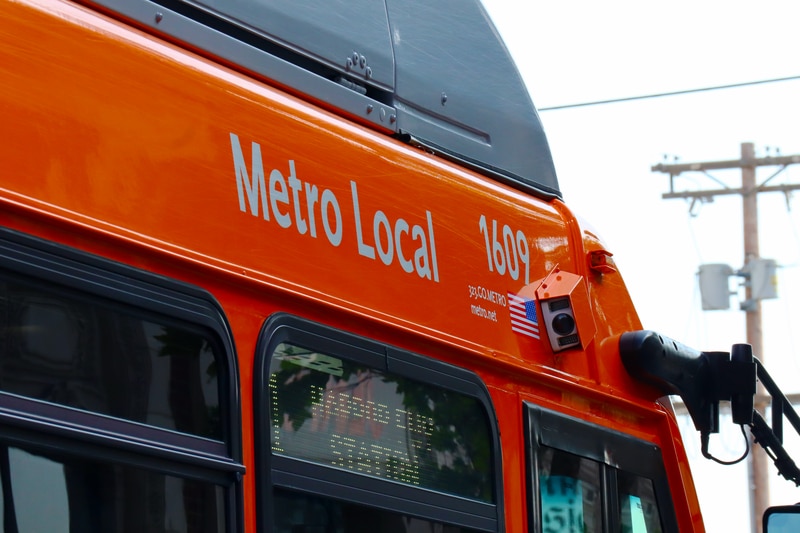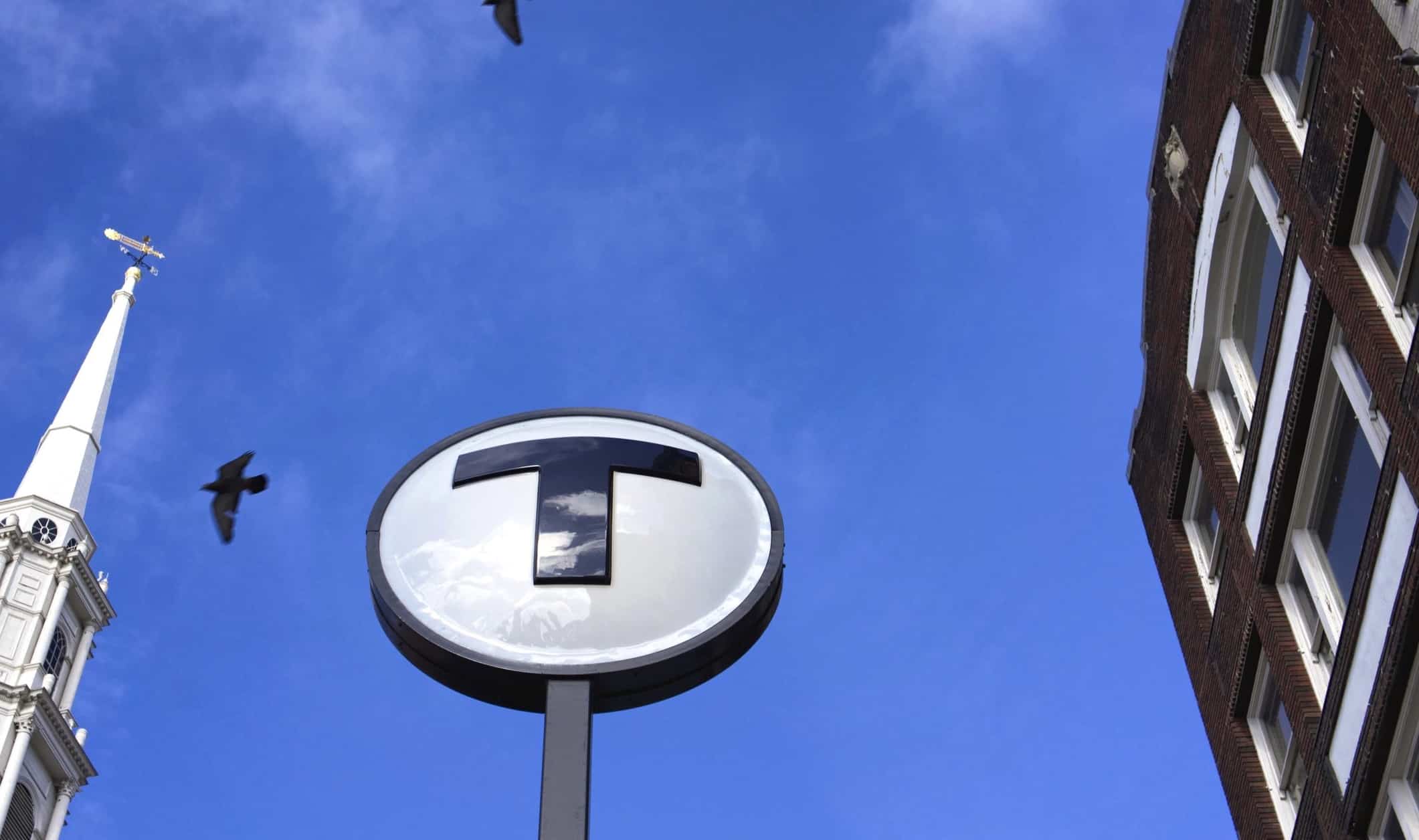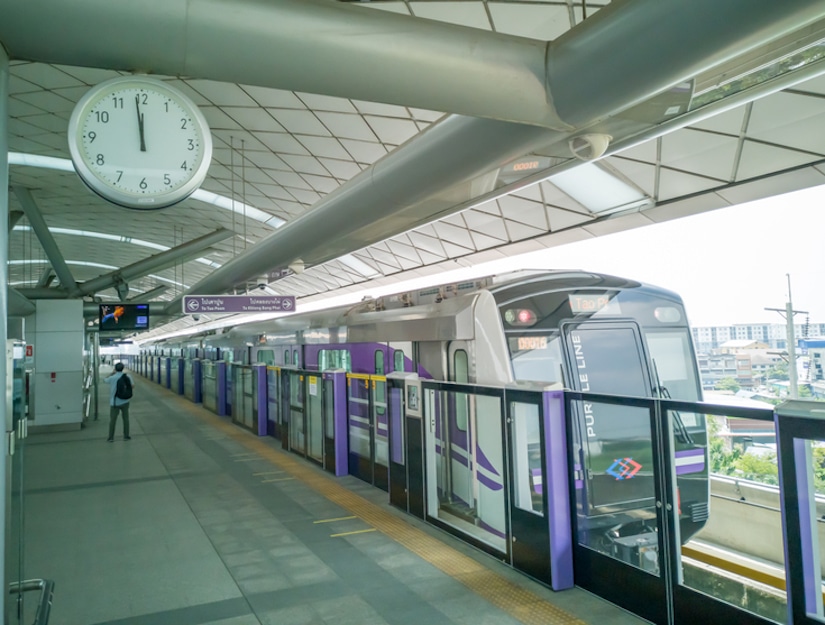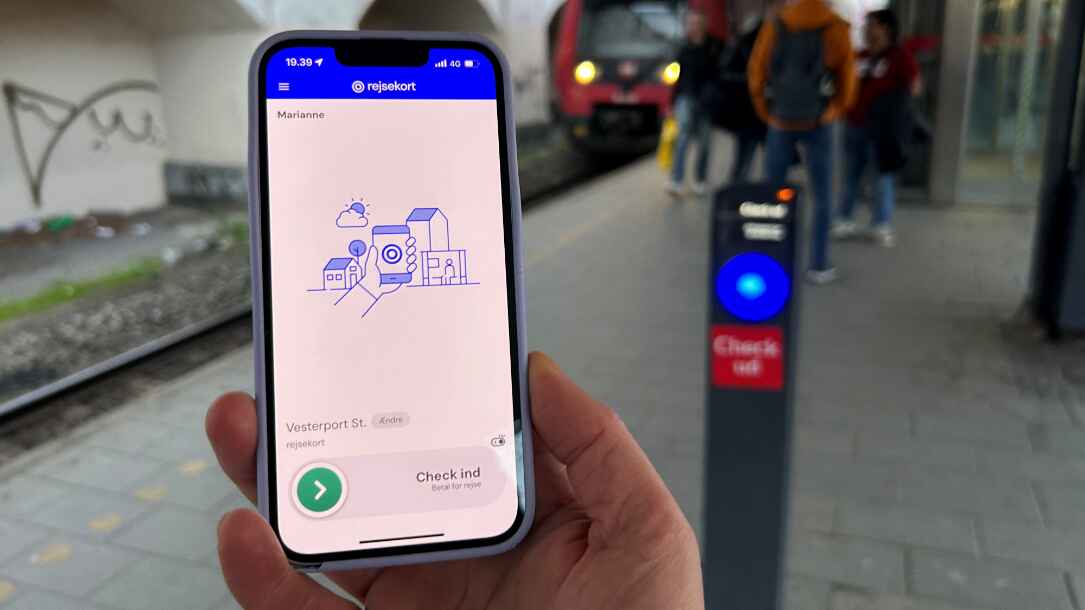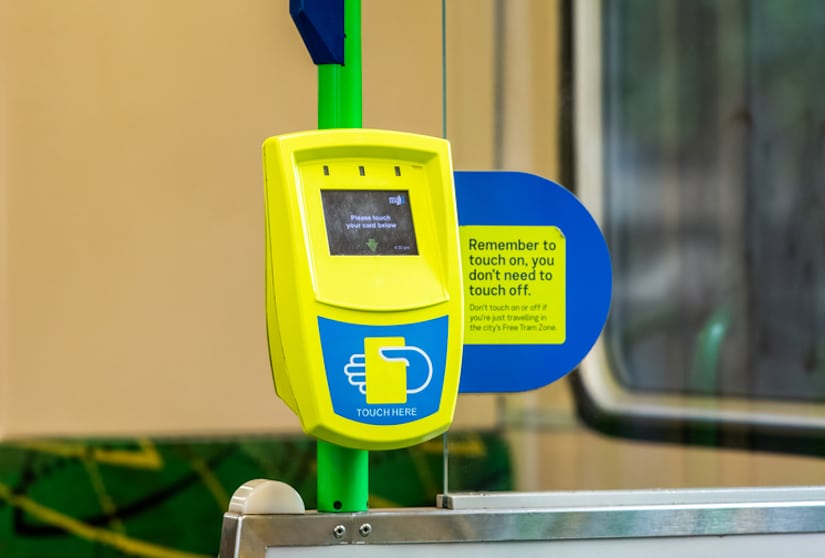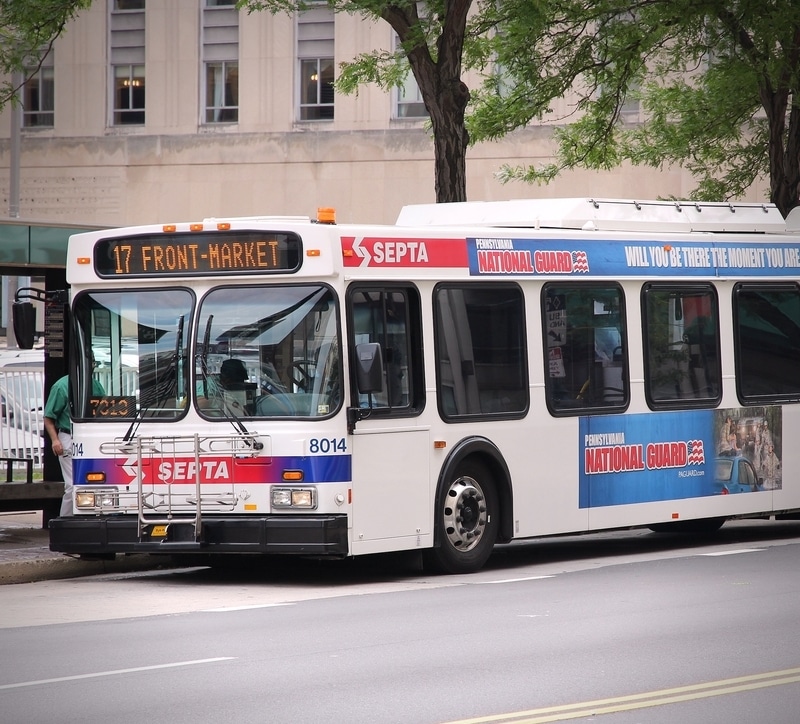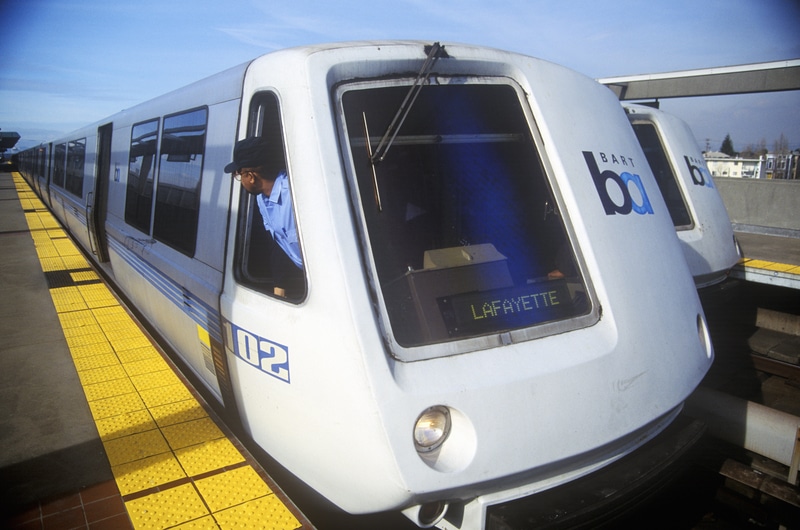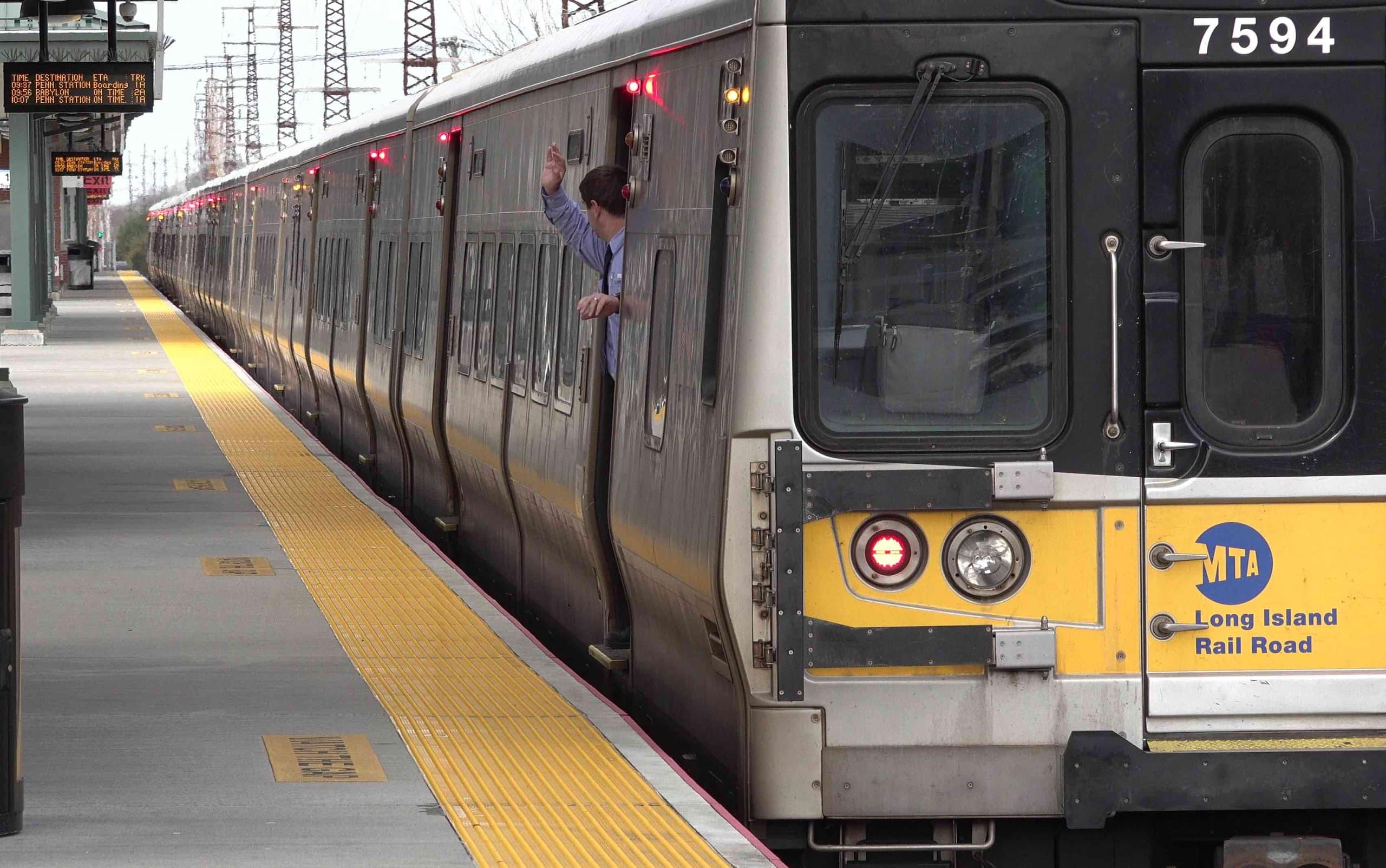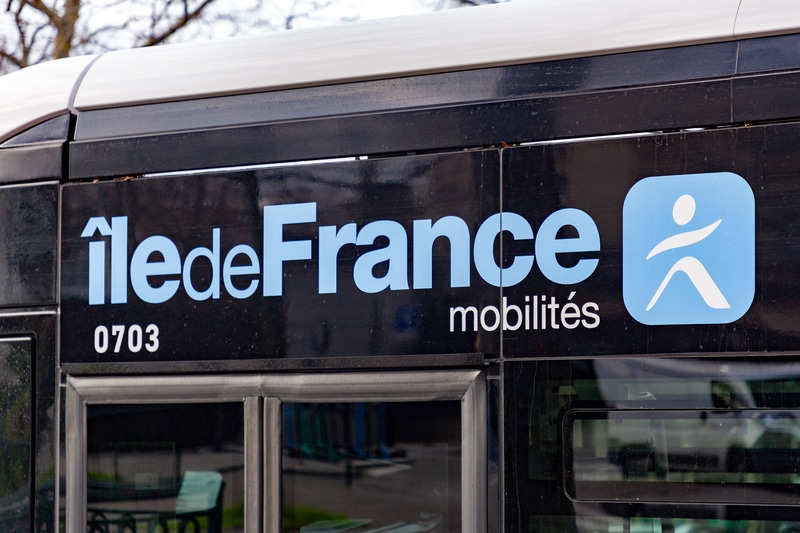
Article Highlights
Paris regional transit authority Île-de-France Mobilités, or IDFM, has promised to enable “100% of spectators to reach Olympic and Paralympic sites by public transport” next summer during the games. Yet, despite running transport in one of the most-visited cities in the world, questions remain over how well the authority will be able to handle ticketing for the millions of people who will attend.
• Table: IDFM ticketing options
Paris regional transit authority Île-de-France Mobilités, or IDFM, has promised to enable “100% of spectators to reach Olympic and Paralympic sites by public transport” next summer during the games.
The authority, an official Olympics and Paralympics partner, has pledged to increase capacity on its transport network by 15% to handle the expected spike in ridership.








